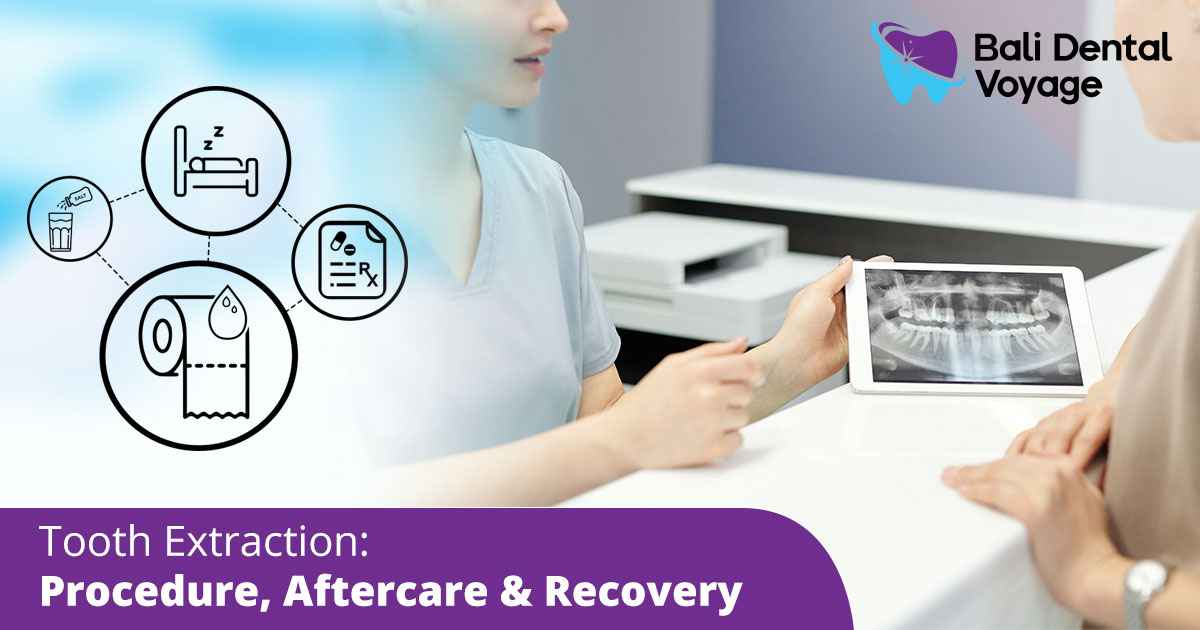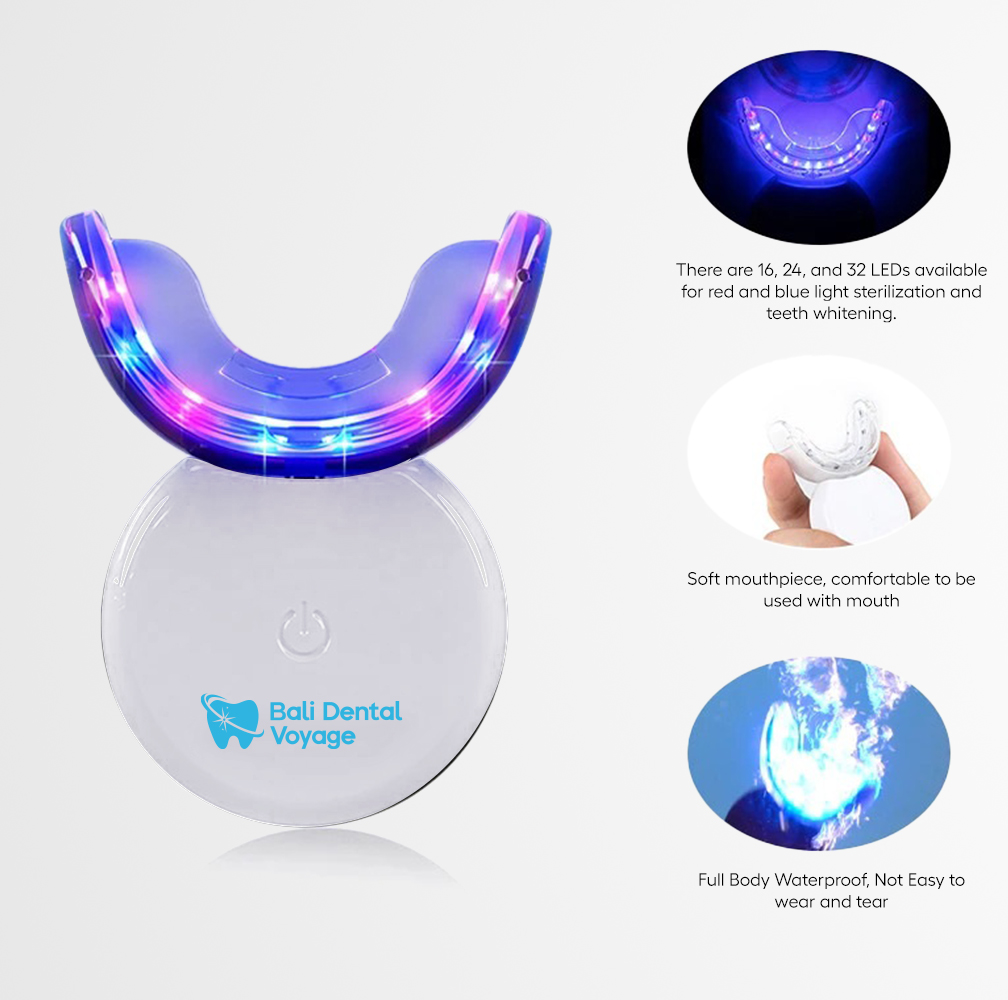
Table of Contents
- What Is a Tooth Extraction?
- Who Performs a Tooth Extraction?
- What to Do Before a Tooth Extraction?
- What Happens During a Tooth Extraction?
- What to Eat After Tooth Extractions?
What Is a Tooth Extraction?
Tooth extraction is a dental procedure in which a tooth is removed from the mouth. Common treatments are incisor, molar and wisdom tooth extraction. One of the most common reasons for having a tooth extracted is tooth decay or damage beyond repair.
When a tooth is severely decayed, it can cause immense pain and may even make it difficult to eat. In some cases, the tooth may need to be extracted to prevent the spread of infection. Extractions are typically performed by surgeons when a tooth is too damaged to be repaired, or when it is in the way of other dental work.
Other reasons for tooth extraction include:
- Crowding
- Infection
- Orthodontic treatment
Tooth extractions are usually relatively quick and simple surgery procedures with minimal discomfort afterwards. Most patients report that the actual extraction process is over before they know it. However, it is important to take care of your mouth’s condition afterwards to ensure proper healing.
This means avoiding hard or crunchy foods, using a soft toothbrush, and rinsing. However, some patients may experience complications such as:
- Pain
- Bruising
- Swelling
In rare cases, an infection can develop. To reduce the risk of complications, it is important to follow the dentist’s instructions for care after the procedure.
Who Performs a Tooth Extraction?
Tooth extraction is a commonly performed dental procedure. Extractions can be performed by a dentist or an oral surgeon. The tooth may be removed for reasons such as:
- Trauma
- Decay
- Crowding
Extractions are usually performed by a dentist, but in some cases, an oral surgeon may be required. The type of extraction will determine who performs the procedure. A dentist typically performs simple extractions under local anaesthesia.
However, if the tooth is impacted or if the root is fractured, then you may need to see an oral surgeon. Impacted teeth are usually removed by oral surgeons. They will first numb the area with local anaesthesia and then make a small incision in the gum.
A small metal rod will be inserted and used to loosen the tooth. The tooth will then be removed and the incision will be closed with stitches.
What to Do Before a Tooth Extraction?
First, it’s important to have a clear understanding of why the tooth is being extracted. If you have any questions about the procedure, be sure to ask your dentist beforehand. You should also plan to have someone drive you home after the extraction, as the local anaesthesia can make it unsafe to drive.
Finally, be sure to avoid eating anything hard or chewy 12 hours before the extraction. This will help minimise the risk of damage to the extraction site. By following these simple tips, you can help ensure a successful and complication-free tooth extraction.
Check out our Bali Dental Crown
What Happens During a Tooth Extraction?
First, the dentist will numb the area around the tooth with a local anaesthetic. Anesthesia will help to ensure to numb the area around the tooth so that you do not feel any pain during the procedure. Next, the dentist will use a tool to loosen the tooth from its socket.
The tooth will then be gently pulled from the socket. The gums will be stitched up if necessary. Once the tooth is loose, it will be removed from the mouth.
In some cases, the dentist may need to make an incision in your gums too to remove the tooth. Finally, the extracted tooth socket will be cleaned and sutured closed. The entire process usually takes less than an hour to complete.
Complications from tooth extraction are rare but can include infection, damage to the surrounding teeth, or nerve damage. Infection is the most common complication, and can usually be treated with antibiotics. Damage to the surrounding teeth is also relatively rare but can occur if the tooth being extracted is impacted or if the extraction is particularly difficult.
What to Eat After Tooth Extractions
Having a tooth extracted, especially wisdom teeth can be a painful experience. In addition to the obvious discomfort of losing teeth, the extraction site can be sore and inflamed for several days afterwards and may cause fever. For this reason, it is important to eat a soft, nutrient-rich diet that will not irritate the extraction site.
Some good options include:
- Cooked vegetables
- Mashed potatoes
- Oatmeal
- Soup
- Eggs
You should avoid hard or crunchy foods, as well as anything that is overly spicy or acidic. These items can cause pain and inflammation, and may even delay the healing process. You can ensure that your extraction site heals quickly and without complications with a little care.
When you book your tooth extraction in Bali with Bali Dental Voyage, you can access the best dental care at a drastically reduced price. We will also take care of everything including flights, accommodation and transfers to your Bali dentist and back to your hotel afterwards.




